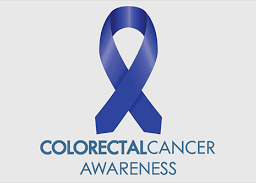
Medications and Kidney Health: What You Need to Know
Understanding the impact of medications on kidney health is crucial for maintaining overall well-being. Certain drugs, including NSAIDs, ACE inhibitors, antibiotics, PPIs, and antacids, can potentially pose risks to your kidneys if not used with caution. Let’s delve into the effects of these medications and how they can affect your kidney function.

Certain medications can have adverse effects on the kidneys, and some of these effects may not become apparent until the kidneys are already significantly damaged.
Here are some common medications that may be silently damaging your kidneys:
- Nonsteroidal anti-inflammatory drugs (NSAIDs): These drugs, such as ibuprofen and naproxen, can damage the kidneys if taken in large doses or over a long period of time.
- ACE inhibitors and ARBs: These blood pressure medications can be beneficial for the kidneys in some cases, but they can also cause kidney damage, especially if the dosage is too high.
- Antibiotics: Certain antibiotics, such as gentamicin and vancomycin, can cause kidney damage, especially if they are given intravenously over a long period of time.
- Proton pump inhibitors (PPIs): PPIs, such as omeprazole and esomeprazole, are used to treat acid reflux and other digestive problems. However, long-term use of these drugs can lead to kidney damage.
- Antacids: Antacids that contain aluminum or magnesium can accumulate in the body and cause kidney damage over time.
It’s important to note that these medications are not inherently dangerous and can be very helpful in treating a wide range of medical conditions. However, it’s important to use them properly and under the guidance of a healthcare professional. If you have any concerns about the medications you’re taking and their potential effects on your kidneys, talk to your doctor.
Disclaimer: The information provided in this content is for general informational purposes only. It is not intended as medical or healthcare advice, diagnosis, or treatment. Always seek the advice of a qualified healthcare professional with any questions you may have regarding a medical condition or healthcare decisions.
















